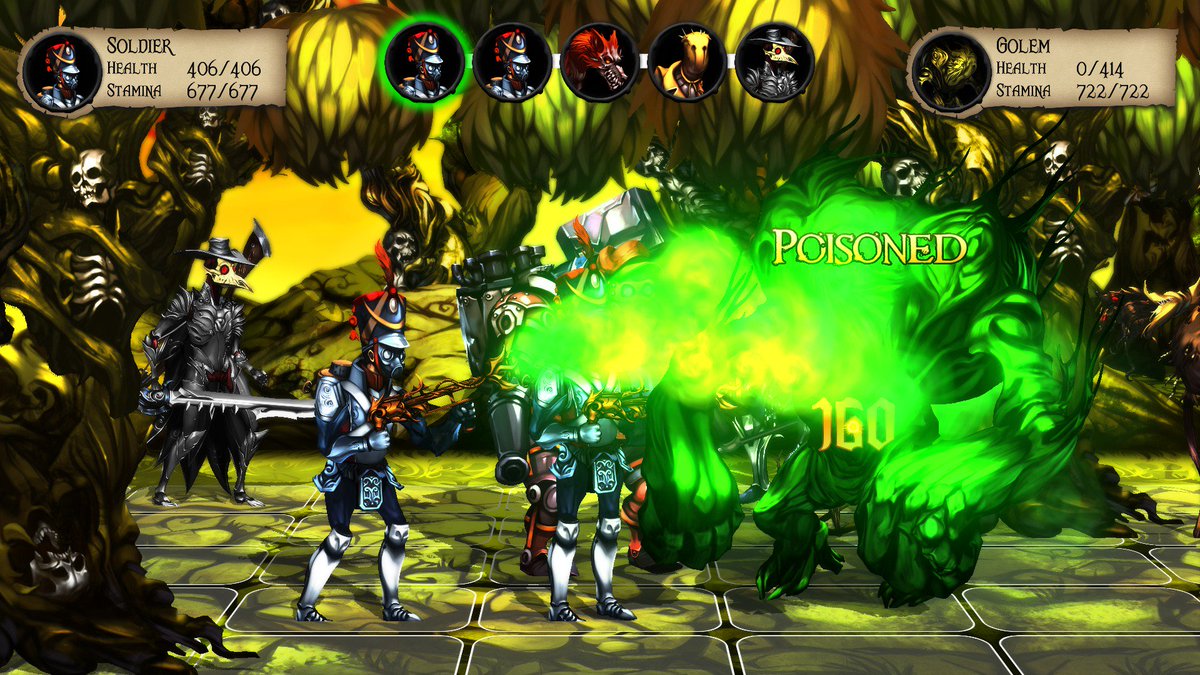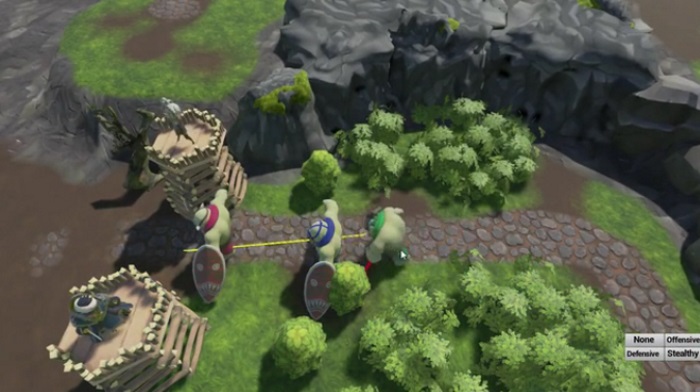Our recent Plague Road article mentions that Kickstarter games have a longstanding problem with arriving later than they should. At least, later than their original estimated release dates. It’s not really a day yet without news of some video game delay. It happens all the time, much more frequently than movies, books, and music probably combined. But Kickstarter, indeed any crowdfunded game, seems to be contributing the bulk of these delays. Why is that?
First, let’s find out just how true that actually is. It can sometimes feel like crowdfunded games get unfairly picked on. This can sometimes lead to a general feeling of such games always being late and claiming their dog ate their homework when they finally arrive. So, we compiled a sampling of 371 released Kickstarter games, and the results are shocking.
Staggering Numbers
The list of games we’re working off of for this analysis contains contains every Kickstarter funded video game from 2009 until 2015 that was eventually released. This is also based on the “estimated release date” listed in the reward tiers on Kickstarter campaigns, compared to when the games actually came out.
During this period, 86 games released either on time, or before their estimated release dates. Sound like a lot? Well, it may be when you consider most of us can’t even name 86 games released during that time. But think about it further. This list features 371 games, meaning 285 games came out later than they were supposed to. Some of these delays were as short as a month, but others were as long as two or three years.
This doesn’t even take into consideration games like Project Phoenix or Sealark which have gone missing in action, likely never to see the light of day.
The most notable delays (though not necessarily the longest) have all contributed to Kickstarter’s recent stumbles. One of the first and most infamous was Broken Age, funded by Double Fine in 2012. Originally estimated to release in October 2012, the game was eventually split in two parts, the second and final act not showing up until April 2015. Mighty No. 9 is another infamous example. Delayed multiple times, including a shady delay during the developer’s second Kickstarter campaign for Red Ash, the game was ultimately 14 months late.
Perhaps the longest delay is Torment: Tides of Numenera. Estimated for release in December 2014, the game didn’t come out until February 2017, 26 months late. Miraculously for developer inXile Entertainment however, is that not many seemed to mind. Backers did, but the general gaming public didn’t tear the game to shreds the same way they did Broken Age, Mighty No. 9 or any number of other delayed games.
You’re Tearing Me Apart, Greg
Tearing apart delayed games is what we so often do. With the aforementioned exception of Torment: Tides of Numenera, many Kickstarter campaigns with delayed games are ripped to shreds by backers. Sometimes it’s justified, like when a developer doesn’t post an update for months and months.
A game can be delayed for any number of reasons. The two most common reasons are related to time and money, and bugs. Lobodestroyo, my go to example, is stuck in a sort of developmental hell, going through multiple new staff members who have to get day jobs to keep the lights on ever since 2013. There are other reasons too, maybe a developer decided to switch game engines, such as the case of Camoflaj and their game Republique. Sometimes a game is pushed back because the developers want to make the game better first, like we’ve seen with The Long Dark’s story mode for years.
The running theme here is that all of these events are unforeseen. You could argue a developer should know ahead of time what game engine they want and stick with it. But if you have a vision for a game and that vision is coming through, you need to do everything in your power to fix it, especially if you’ve already made money by pitching that vision. Game developers need more leeway from not only backers, but gamers in general when it comes to delays.
That’s not to say you shouldn’t ever be worried, either. You can check out our MIA archive to see how badly a crowdfunding campaign can go wrong and suddenly disappear.
The Right Questions
The question we should be asking is not “why has this game been delayed,” rather, “why was the initial release date set too soon?” Developers need to stop having such lofty estimations when it comes to release dates, especially when crowdfunding is involved. When about 77% of games on Kickstarter are delayed, for whatever reason, that points to some serious issues with either how developers view the importance or reality of their planning, or Kickstarter’s own inability to police the reality of estimated release dates.
It comes down to whether or not backers would be willing to fund a game with an estimated release date two, three, or even four years away. We haven’t seen many games dare go beyond the two year mark, but they’ve done well. Shenmue 3’s estimated release date was two and a half years after its launch on Kickstarter and is the site’s highest funded game.
Backers have shown they’re willing to wait to get a game. They’d clearly rather do that than hear the game they were expecting next month is going to be pushed back seven months. So Kickstarter developers, why not start pushing back those estimated release dates a few months back? You may be surprised at the response.







